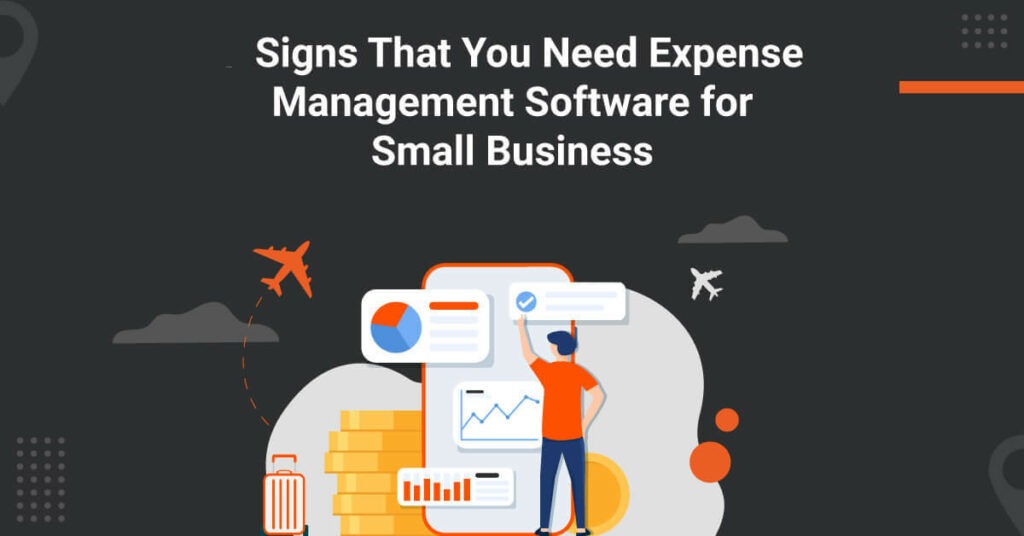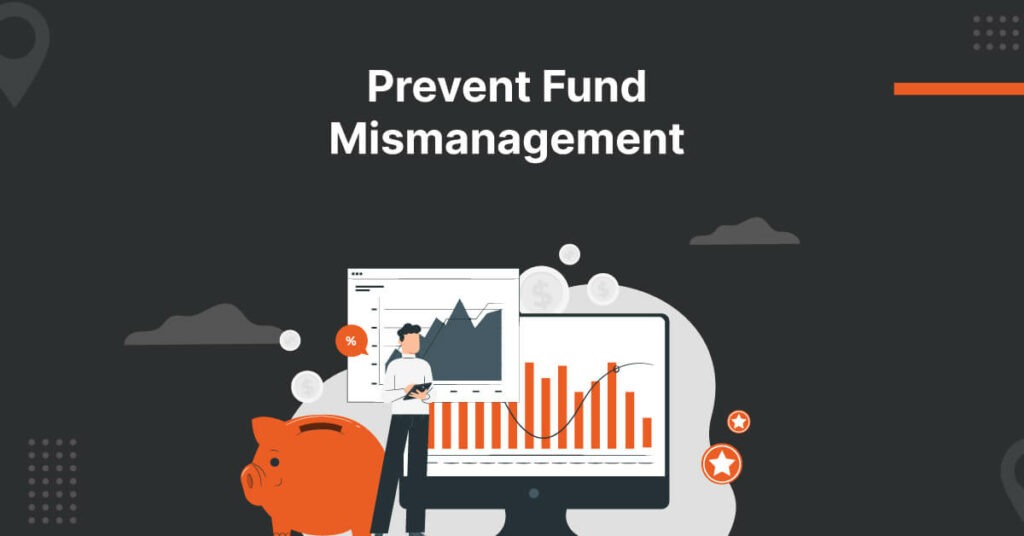
Productivity in finance is an essential factor for the success of any financial institution or business. The ability to optimize business expenses while maintaining or even enhancing productivity is a delicate balance that finance professionals often strive to achieve. In this blog, we will explore strategies and techniques to maximize business expense productivity, ensuring a seamless financial operation.
Streamlining Business Expense Management
In today’s fast-paced financial world, staying ahead means embracing technology to improve productivity in finance. Automation is a key component of this strategy. By automating routine financial tasks, such as data entry, expense tracking, and report generation, you can free up valuable time and human resources to focus on higher-value activities. This not only enhances productivity but also reduces the margin for human error, making the finance sector more efficient.
Real-time Data Analytics: A Game-Changer for Finance Professionals
To truly optimize expenses, finance professionals must harness the power of real-time data analytics. Utilizing advanced analytics tools allows for more accurate forecasting, which is crucial for controlling and managing expenses effectively. With the right data at your fingertips, you can make informed decisions that drive financial productivity, minimize wastage, and maximize business expense productivity.
1. Implementing a Holistic Expense Management System
Maximizing financial productivity often begins with a comprehensive approach to expense management. Instead of relying on disjointed systems and manual processes, a holistic expense management system provides a centralized platform for tracking, monitoring, and controlling expenses. This streamlines operations, making it easier to optimize expenses and drive financial productivity.
2. Effective Budgeting and Forecasting
Set Clear Objectives to Maximize Business Expense Productivity
To optimize expenses successfully, finance professionals must establish clear objectives and goals. By aligning your expense management strategy with your organization’s overall financial goals, you can ensure that every dollar spent contributes to financial productivity. Effective budgeting and forecasting are indispensable tools in this endeavor.
Continuous Monitoring and Adjustment
Maximizing financial productivity is an ongoing process. Regularly monitoring expenses and comparing them against your budget is essential. When discrepancies are identified, it’s crucial to make timely adjustments. Real-time expense tracking, facilitated by technology, allows for proactive decision-making and helps keep your organization on the path to maximizing business expense productivity.
3. Efficient Expense Approval Workflows
Streamlined Expense Approval Processes
Efficient expense approval workflows are a cornerstone of financial productivity. By establishing clear and efficient approval processes, organizations can reduce delays and ensure that expenses are authorized in a timely manner. This reduces friction in operations and optimizes business expenses while maintaining high productivity.
Leveraging Mobile Expense Management Apps
In an increasingly mobile world, finance professionals can enhance their productivity by using mobile expense management apps. These apps enable employees to submit expenses on the go and managers to approve or reject them from their mobile devices. This real-time approach not only speeds up the approval process but also contributes to maximizing business expense productivity.
4. Effective Cost Control
Regular Expense Audits: The Key to Cost Control
Maximizing financial productivity involves staying vigilant about cost control. Regular expense audits are essential to identify any discrepancies or potential sources of overspending. An effective audit process can lead to better cost control and help in optimizing business expenses to improve productivity.
Vendor Negotiations and Cost Reduction Strategies
Finance professionals should actively engage in vendor negotiations and seek cost-reduction strategies. By collaborating with suppliers and looking for more cost-effective alternatives, you can optimize expenses and enhance financial productivity. These efforts often result in cost savings that can be redirected towards revenue-generating activities.
5. Employee Training and Engagement
Educating and Empowering Your Team
To truly maximize productivity, it’s vital to engage your team and invest in their education. Equip your employees with the knowledge and tools they need to make informed decisions about expenses. When they understand the importance of cost control and financial productivity, they are more likely to contribute to the organization’s financial success.
Incentivizing Cost-Conscious Behavior
Incentive programs can be a powerful tool in promoting financial productivity. By rewarding employees for cost-conscious behavior and innovative expense-saving ideas, you can create a culture of financial responsibility. When everyone in the organization is working towards the same goal of optimizing business expenses, productivity naturally increases.
6. Regular Reporting and Communication
Transparent Reporting
Transparent reporting of expenses and financial performance is essential for maximizing financial productivity. It ensures that everyone in the organization understands how their actions impact the bottom line. Regular, easy-to-understand reports can provide insights that lead to better decision-making, enhancing the ability to optimize business expenses effectively.
Communication and Collaboration Across Departments
In a complex organization, communication and collaboration are critical for financial productivity. Finance professionals should work closely with other departments to identify opportunities for cost savings. For example, aligning procurement practices with finance goals can lead to synergies that enhance productivity and optimize business expenses.
7. Compliance and Risk Management
Compliance with Regulations
Compliance with financial regulations is non-negotiable in the finance sector. Failing to meet legal requirements can result in fines and reputational damage. Ensuring that your expense management practices comply with all relevant regulations is crucial for maintaining productivity in finance while minimizing risk.
Risk Management and Contingency Planning
Risk management is another essential aspect of maximizing business expense productivity. Finance professionals should identify and assess potential risks associated with their expense management processes and implement contingency plans to mitigate these risks. By minimizing unexpected disruptions, you can maintain a high level of productivity in finance.
Balancing Work-Life for Finance Professionals
In the quest to maximize productivity, it’s important not to overlook the well-being of your employees. Overworking your team can lead to burnout and decreased productivity. Encourage a healthy work-life balance by promoting flexible schedules, remote work options, and adequate time off. A well-rested and balanced team is more likely to contribute to your financial success.
Conclusion
In the fast-paced world of finance, optimizing business expenses and maximizing business expense productivity are critical for success. By streamlining expense management, leveraging technology, and adopting a holistic approach, finance professionals can ensure a seamless operation. Effective budgeting, clear objectives, and efficient workflows are key components of this strategy.
To ensure maximum financial productivity, advanced solutions like itilite are essential.
Itilite SaaS-based platform is a game-changer for businesses looking for efficient expense management. With a user-friendly mobile interface, real-time expense tracking, and seamless integration with financial systems, itilite empowers companies to streamline processes, improve accuracy, and make informed financial decisions, ushering in the future of expense management.
To get a first-hand experience, book a free demo today!














